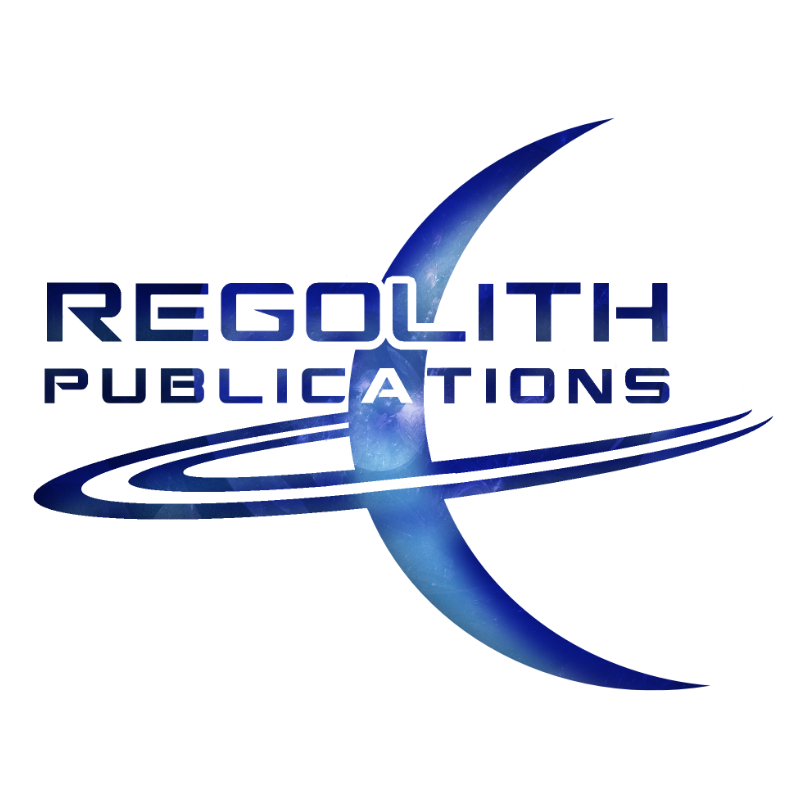|
As an author, it's important to know what genre you're writing in, even if genre classification isn't important to you personally. The reason you need to keep up on genres is because they are very important for things like promotion, writing to market, hitting all the right beats by mimicking what makes that particular genre popular among fans, or else avoiding it entirely by creating something original. Either way you look at it, it's important to have a basic grasp of the mainstream genres out there. That doesn't mean you need to know every single genre before writing. Heck, I only learned about the sub-genre New Adult this year. And when I asked my editor if I should classify my novel as "NA" she asked, "What's that? Haven't heard of it." This has primarily to do with the fact that NA is a relatively new genre. Not only that, it didn't exist before 2009 and it's still flying under the radar of most trade publishers, only to be used mainly by Indie writers who were the first to crack this market niche. But it does help to know something about the difference between say and adult novel and a young adult novel. As such, I decided to adapt this handy dandy Wikipedia post on genre lists and write down the basics of genre classification in an easy to digest format. Hopefully it will be useful for those who, like me, need to pick a genre classification for their novels when submitting their meta-data for publication. Otherwise, it's just an interesting bit of history. NOTE: Genres and subgenres are organic and can change both in terms of their content as well as their relationship to other genres. Also, new genres and classifications are being created all of the time. So don't take things too literally, this is just a list meant to help ease things along. LITERARY vs. GENRE FICTIONLiterary fiction is a term used to distinguish certain fictional works that possess commonly held qualities to readers outside genre fiction. Literary fiction has been defined as any fiction that attempts to engage with one or more truths or questions, hence relevant to a broad scope of humanity as a form of expression. There are many sources that help readers find and define literary fiction and genre fiction. FICTION GENRESThe classic major genres of literature are: Subsets of genres, known as common genres, have developed from the archetypes of genres in written expression. Classic – fiction that has become part of an accepted literary canon, widely taught in schools Crime/detective – fiction about a crime, how the criminal gets caught, and the repercussions of the crime Fable – narration demonstrating a useful truth, especially in which speak as humans; legendary, supernatural tale Fairy tale – story about fairies or other magical creatures Fan fiction – fiction written by a fan of, and featuring characters from, a particular TV series, movie, or book Fantasy – fiction with strange or otherworldly settings or characters; fiction which invites suspension of reality Fiction in verse – full-length novels with plot, subplot(s), theme(s), major and minor characters, in which the narrative is presented in verse form (usually free verse) Fiction narrative – literary works whose content is produced by the imagination and is not necessarily based on fact Folklore – the songs, stories, myths, and proverbs of a people or "folk" as handed down by word of mouth Historical fiction – story with fictional characters and events in a historical setting Horror – fiction in which events evoke a feeling of dread and sometimes fear in both the characters and the reader Humor – Usually a fiction full of fun, fancy, and excitement, meant to entertain and sometimes cause intended laughter; but can be contained in all genres Legend – story, sometimes of a national or folk hero, that has a basis in fact but also includes imaginative material Magical realism – story where magical or unreal elements play a natural part in an otherwise realistic environment Meta fiction – also known as romantic irony in the context of Romantic works of literature, uses self-reference to draw attention to itself as a work of art, while exposing the "truth" of a story Mystery – this is fiction dealing with the solution of a crime or the unraveling of secrets Mythology – legend or traditional narrative, often based in part on historical events, that reveals human behavior and natural phenomena by its symbolism; often pertaining to the actions of the gods Mythopoeia – fiction in which characters from religious mythology, traditional myths, folklore and/or history are recast into a re-imagined realm created by the author Picture book – picture storybook is a book with very little words and a lot of pictures, picture stories are usually for little kids Realistic fiction – story that is true to life Science fiction – story based on the impact of actual, imagined, or potential science, usually set in the future or on other planets Short story – fiction of such brevity that it supports no subplots Suspense/thriller – fiction about harm about to befall a person or group and the attempts made to evade the harm Tall tale – humorous story with blatant exaggerations, such as swaggering heroes who do the impossible with nonchalance Western – set in the American Old West frontier and typically set in the late eighteenth to late nineteenth century SUBGENRES OF GENRE FICTIONSome genres listed may reappear throughout the list, indicating cross-genre status
NONFICTION GENRESBiography/autobiography – narrative of a person's life; a true story about a real person Essay – a short literary composition that reflects the author's outlook or point. Owner's manual (also Instruction manual, User's guide) – an instructional book or booklet that is supplied with consumer products such as vehicles, home appliances, firearms, toys and computer peripherals Journalism – reporting on news and current events Lab Report – a report of an experiment Memoir – factual story that focuses on a significant relationship between the writer and a person, place, or object; reads like a short novel Narrative nonfiction/personal narrative – factual information about a significant event presented in a format which tells a story Reference book – such as a dictionary, thesaurus, encyclopedia, almanac, or atlas Self-help book – information with the intention of instructing readers on solving personal problems. Speech – public address or discourse Textbook – authoritative and detailed factual description of a topic. ADDITIONAL GENRES OF NONFICTIONNonfiction genres: These are genres belonging to the realm of non-fiction. Some genres listed may reappear throughout the list, indicating cross-genre status.
1 Comment
|
Tristan VickBy day I am an educator and a cultural ambassador. By night I entertain notions of being a literary master. In reality I am just a family man and ordinary guy who works hard and loves writing just about as much as I love my family. Just about. AVAILABLE NOWNEWSLETTER
|


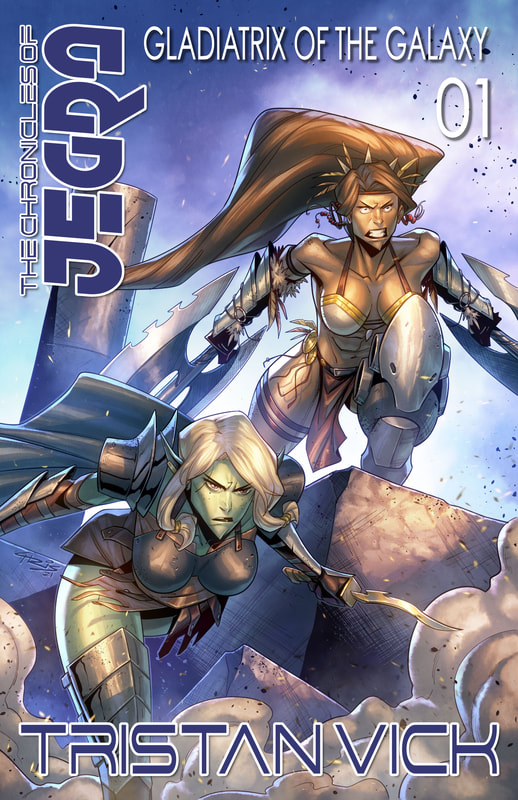
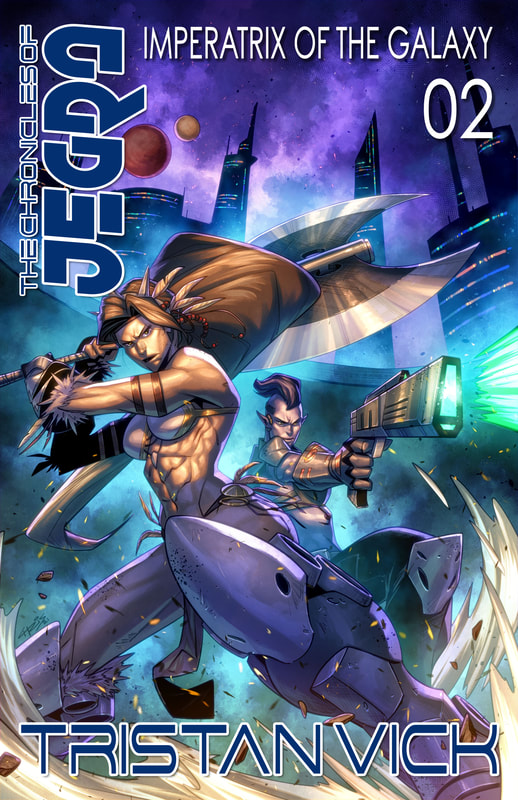
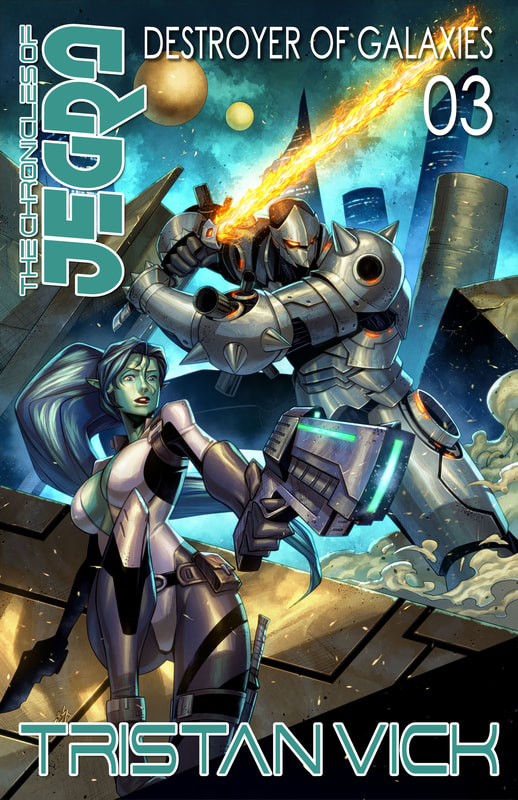
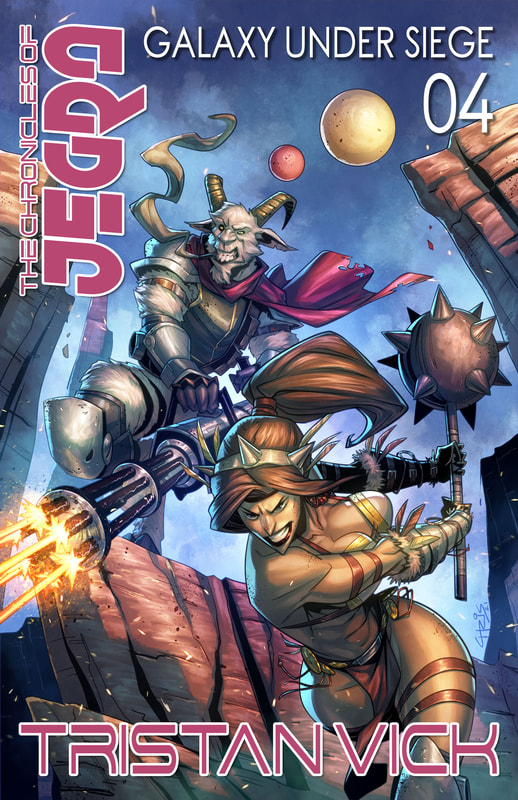
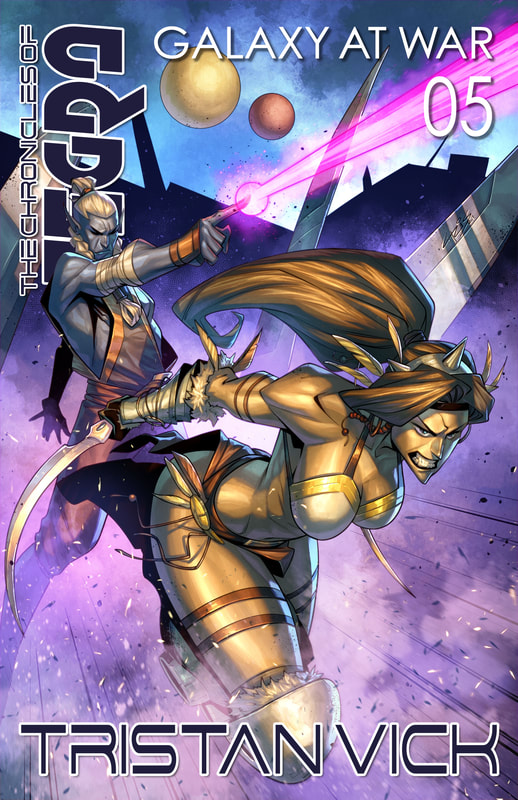
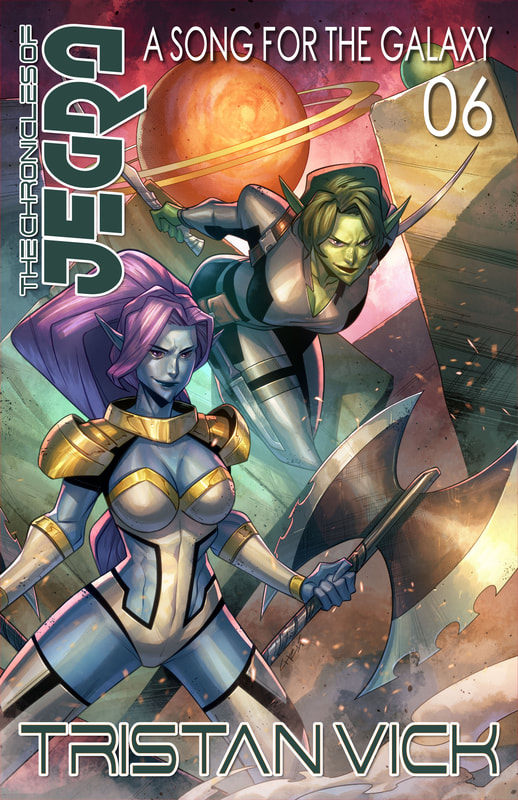
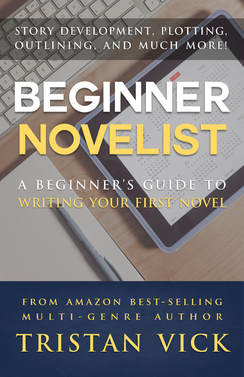
 RSS Feed
RSS Feed
